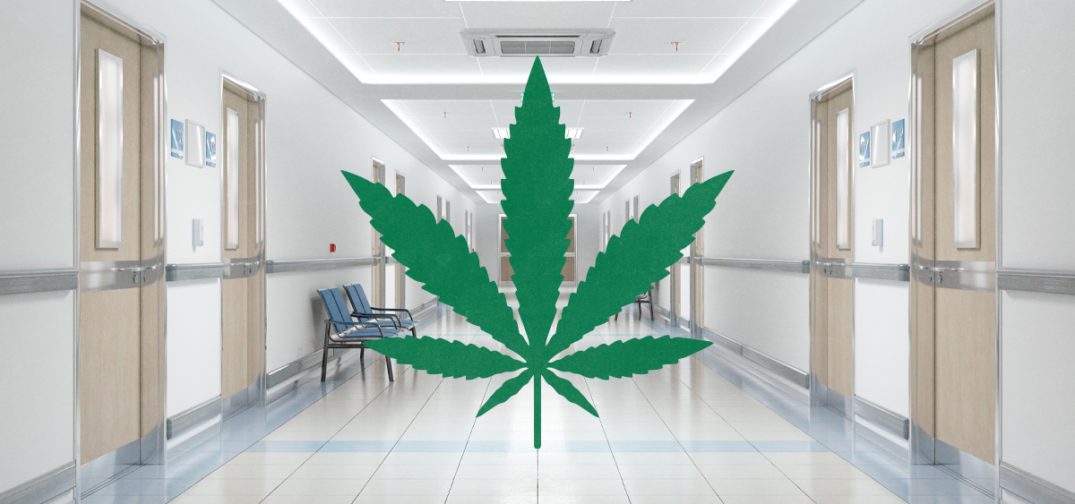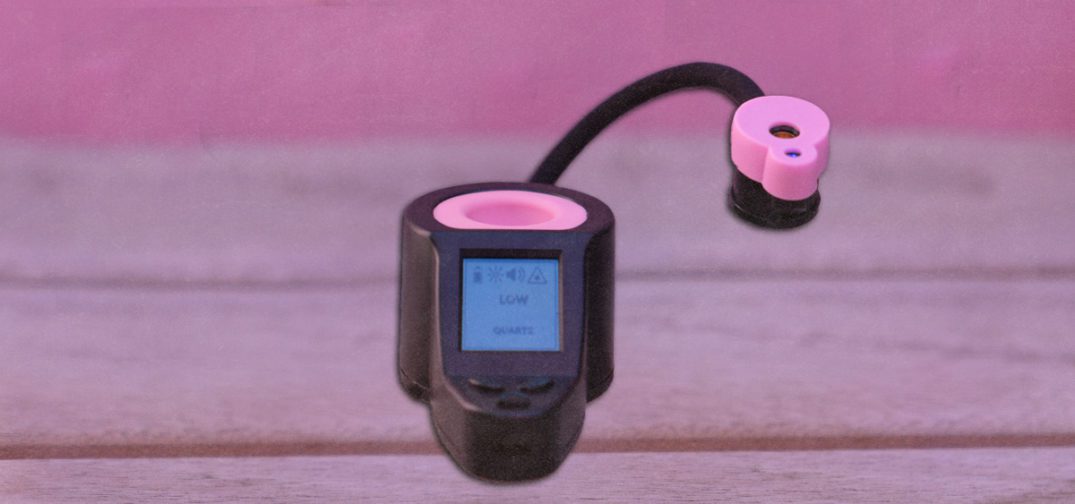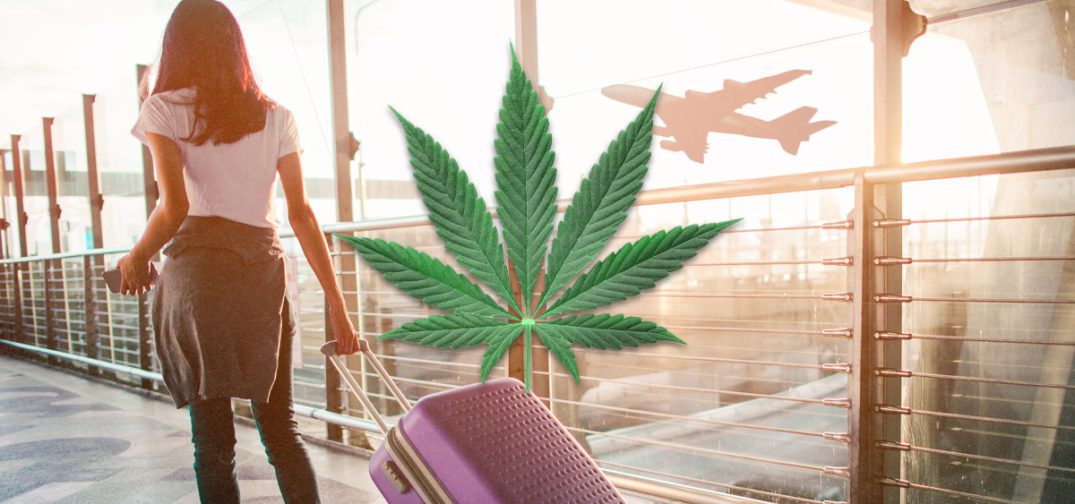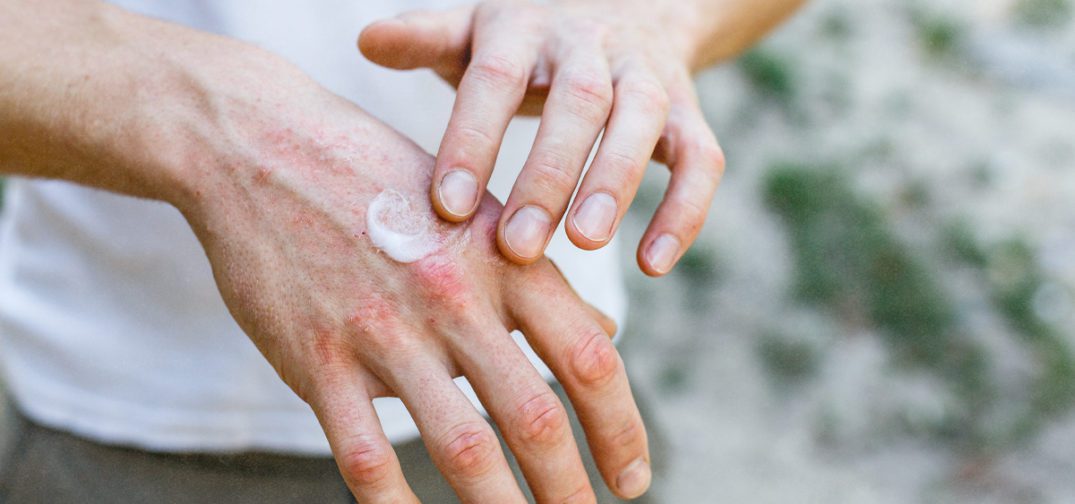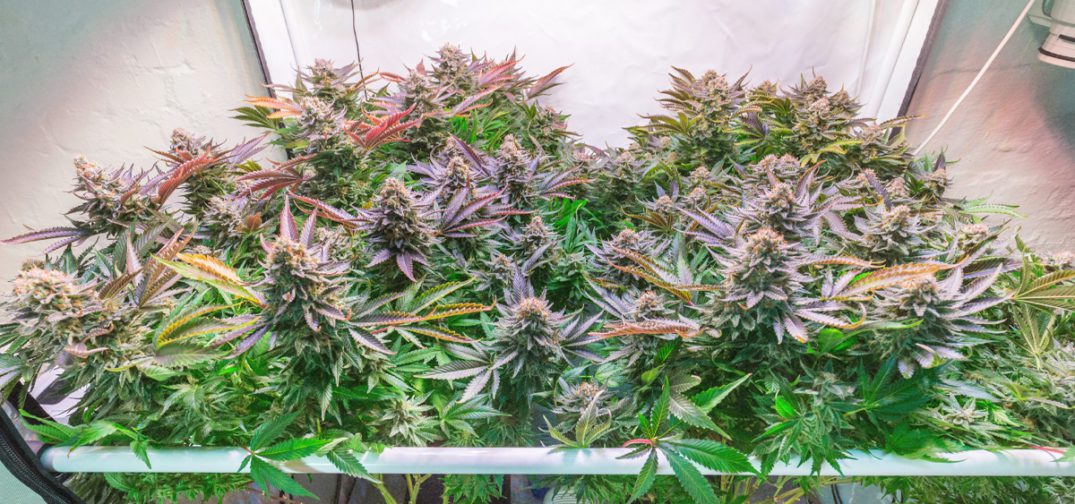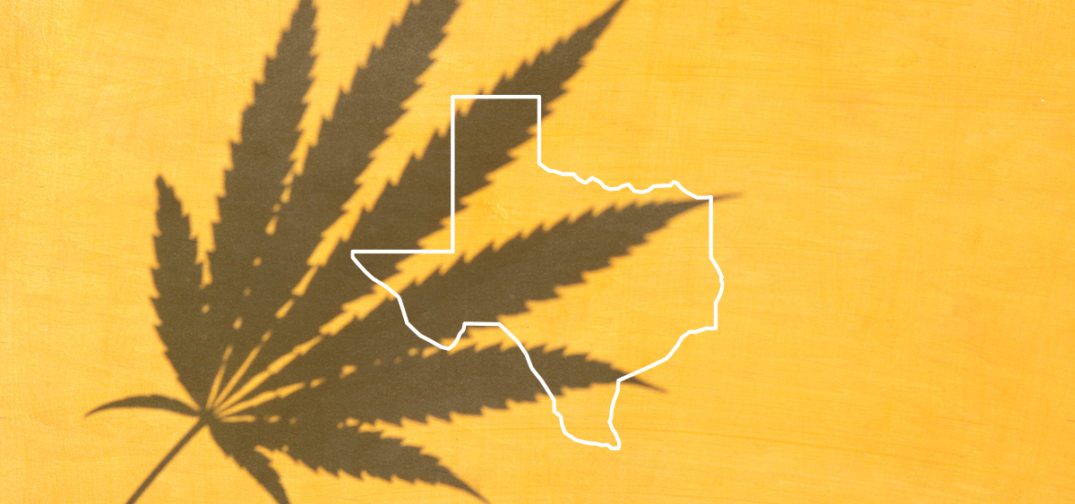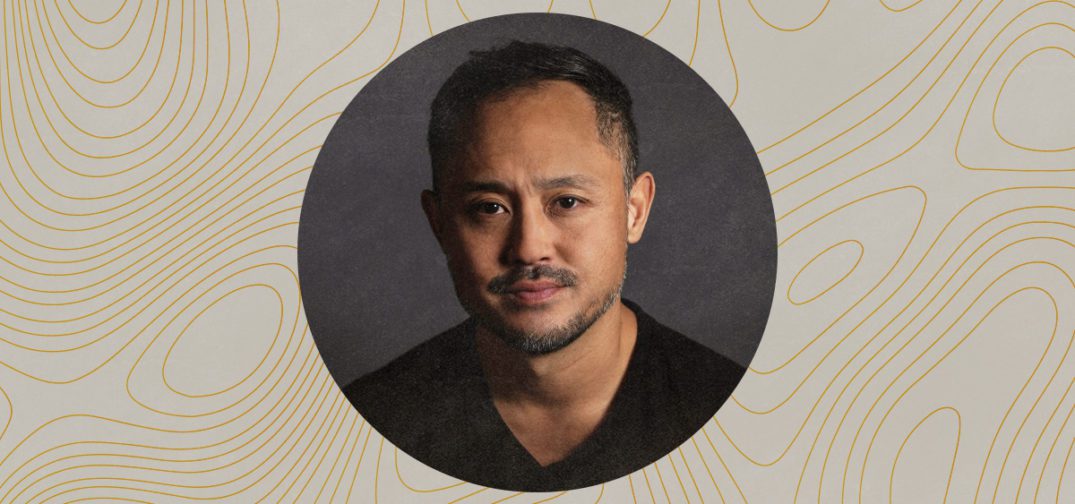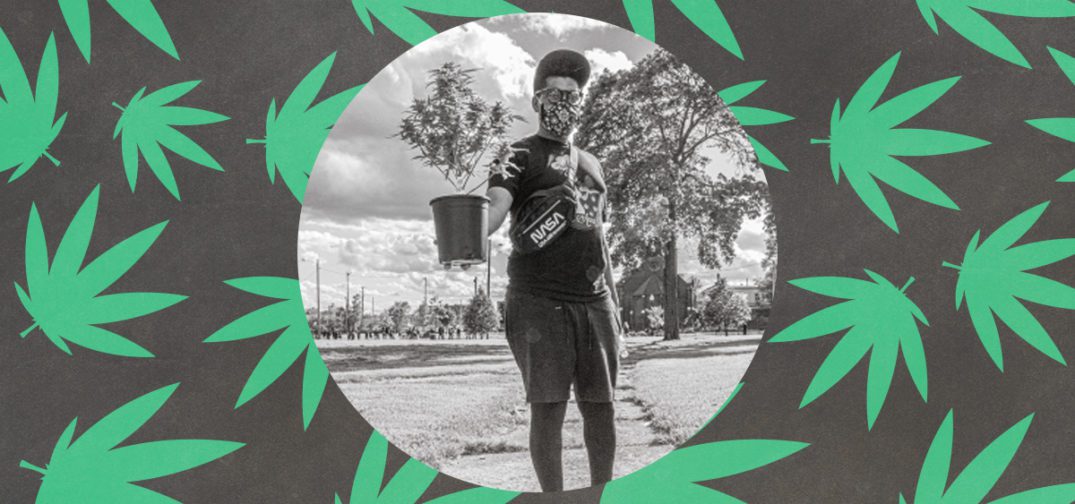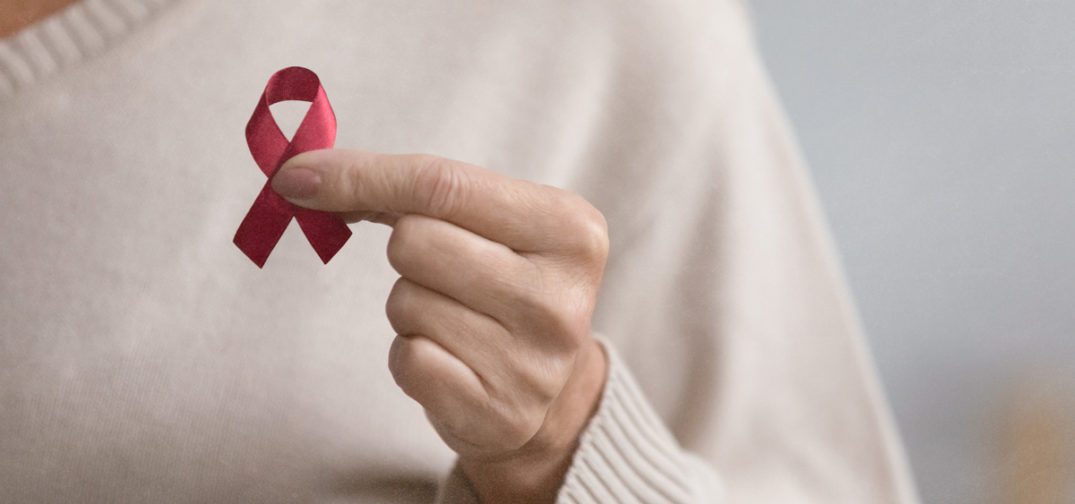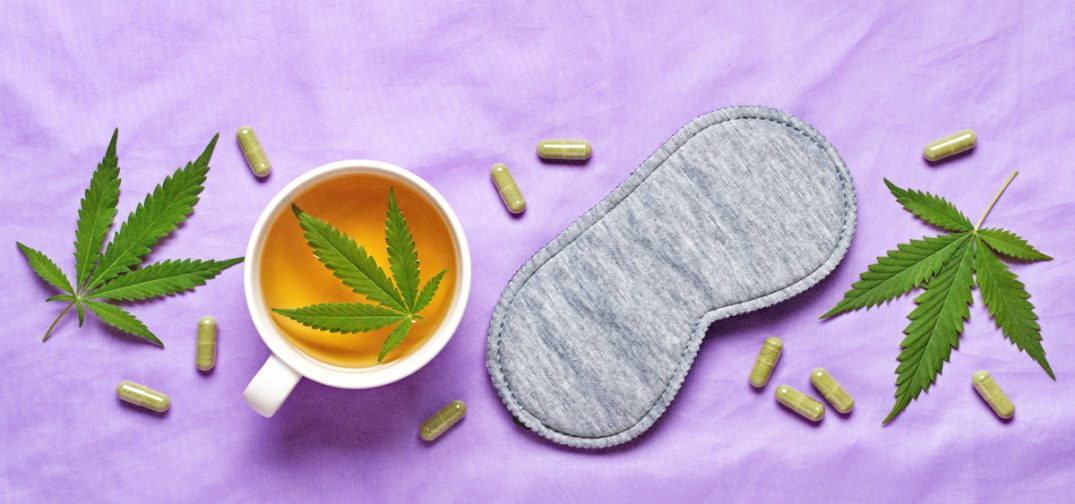This article was written by Ethan McLeod and originally published by Outlaw Report.
Maryland lawmakers will have the burden of choice when it comes to legalizing recreational cannabis this year, with multiple proposals in the works that go beyond a simple referendum.
Sen. Brian Feldman (D-Montgomery County), the vice-chair of the state Senate’s powerful Finance Committee, told The Outlaw Report an “informal workgroup” of senators plans to draft legislation to create a framework for adult-use legalization. The senator, who sponsored a 2021 legalization bill that died in committee, said the workgroup’s forthcoming bill would serve as a companion to a ballot referendum measure pre-filed in the House of Delegates.
That proposal, sponsored by Del. Luke Clippinger (D–Baltimore) and backed by House Speaker Adrienne Jones, would put the question of legalization before Maryland voters on the November ballot. But even if the referendum is approved, legislators could punt on crafting rules and regulations for the adult-use industry until 2023.
Feldman said he doesn’t want to “blindly ask Marylanders to vote yes or no without knowing all the details on criminal justice reform, licenses, tax rates, all that.” Doing so would feel insufficient, he said, given that nearby states like Virginia, New Jersey, and New York are proceeding with their own plans to tax and regulate recreational cannabis.
He noted Maryland similarly used a referendum-first, regulations-later strategy with sports gambling in 2020, “and then we just spent the next year or longer working out the details.” (The first wagers took place in December 2021.)
“Just having a referendum question with nothing else really delays having a mature market […]at a time when a lot of our neighbors are moving forward,” Feldman said. An implementation bill “gives people an opportunity, before they vote on the ballot question, to actually know what the market will look like or the criminal justice reform aspects of the law.”
The Senate workgroup legislation would be separate from an expected equity-focused proposal being drafted by progressive Sen. Jill Carter (D-Baltimore) with input from civil rights groups. Carter’s legislation would authorize possession and home cultivation; direct 60% of tax revenue from legal weed sales to communities harmed by the war on drugs, vacate old convictions for possession, and more.
In an interview last week, Carter similarly criticized the House’s referendum-only approach, calling it “stupid and foolish” and arguing “it’s more fair to the people to have a proposal where you can say, this is what you’re voting on.”
Feldman said Carter is among the senators contributing to the informal Senate workgroup’s legalization bill, though her bill — being drafted with input from civil rights groups like the ACLU of Maryland and Baltimore-based Leaders of a Beautiful Struggle — is a separate effort. Still, he hopes the workgroup’s legislation will incorporate key components of her bill.
“I’m hoping that a lot of her bill makes its way into a separate bill that has support with more senators,” he said, adding, “I don’t view that as a bill in competition with the bill that the workgroup is working on. I think it’s thrown into the mix.”
Carter on Monday confirmed she’s contributing to the workgroup’s discussions, while also reiterating her stance that “equity is essential.”
“The legislature has not gotten it right in the past,” she said. “Most states have fallen short. I want to ensure we lead with the best policies.”
Among the areas where the bills could diverge is home cultivation – a top priority for legalization advocates. Separate proposals from Feldman and Del. Jazz Lewis (D-Prince George’s County) last year would have permitted growing up to six plants at home for personal use, though neither escaped committee. But going into the 2022 session, which kicks off this Wednesday, the workgroup is “somewhat split on that issue,” Feldman said.
“Ultimately you need votes, and I think that’s part of the equation,” Feldman said. “We need to find a sweet spot to get the bill out of the full Senate, and this is one of those areas where I think there’s gonna be a lot of discussion.”
The Montgomery County senator, a former trial attorney with the U.S. Department of Justice’s Tax Division, noted the workgroup is consulting with the Maryland Attorney General’s office on language for social equity measures. The goal, he said, is to minimize the potential for lawsuits over racially reparative steps, as seen in states like Illinois, Missouri, and Maine. He said other states’ experiences can also help shape Maryland’s legal framework.
“We want strong social equity provisions, but [ones] that don’t have high exposure on the litigation front,” he said.
While the details for legal cannabis in Maryland remain up in the air, at a minimum lawmakers and advocates expect the Democrat-dominated legislature will overwhelmingly approve Clippinger’s bill to hold a referendum in November. That forecast is supported by recent polling from Goucher College, which found three in five Marylanders support allowing adult use of cannabis.



